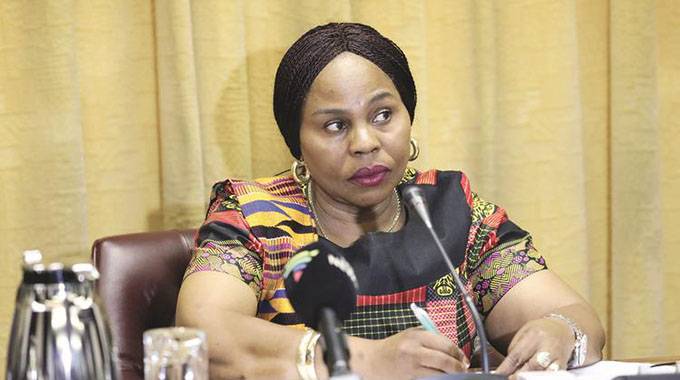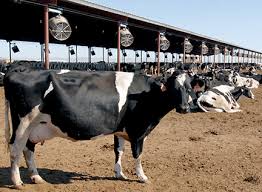Production costs affect dairy farmers
Zimbabwe Association of Dairy Farmers (ZADF) has expressed concern over high cost of supplementary feeding, saying this has weighed down the industry.
Speaking during the Dairy Sector Strategic Planning Workshop in Harare, ZADF chairperson Mr Kudzai Chirima said the cost associated with producing milk was not favourable.
He said the cost of feed cows to produce milk was expensive.
Mr Chirima said smallholder dairy farmers needed to be equipped with information and knowledge that could help make their production systems more competitive, helping to reduce poverty, raise nutrition levels and improve the livelihoods of rural people across the country.
““The dairy industry is not doing well at the moment mainly because inputs have become so exorbitant when farmers are struggling to make ends meet,” he said.
“There is lack of proper feeding of dairy cattle, poor nutritive value of pastures or forages offered to the animals and lack of dairy husbandry training, as many have not received any formal training.
“We are trying to cut the corners by reducing the feed we give to a cow, but obviously this has a negative impact because the less feed you give, the less milk you get.”
Dairy farming is big business in Zimbabwe, but smallholder farmer dairy co-operatives need support to make it in a competitive environment.
Coordinator of Transforming Zimbabwe’s Dairy Value Chain for the Future (TRANZDVC) Dr Edson Chifamba said milk production decreased because of the high cost of production and less knowledge on dairy farming.
He said they were trying to improve production to 220 million litres by end of 2022.
“We are trying to mobilise more dairy farming because our milk production is very low in the country,” said Dr Chifamba. “Last year we produced 76,7 million litres and we consumed 130 million litres, so our target is to improve production to 220 million litres by end of 2022.”
A consultant with We Effect, Mr Goran Forseen, said the number of dairy farmers in all farming sectors producing milk for the formal market was relatively low because of lack of incentives to invest and increase milk production levels by small scale dairy farmers operating in large scale farming areas.
“Lack of financial support to establish buildings and cooling tanks are the major problems why dairy farmers do not enter into formal market,” he said.
The European Union (EU) donated 500 in-calf heifers and 7 million Euros recently to small and medium scale dairy farmers to boost milk production in the country and has so far seen 121 farmers, among them 59 women, benefiting.-herald.co.zw









